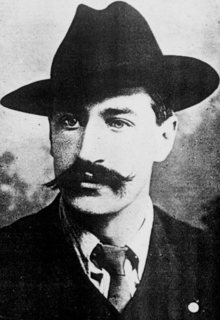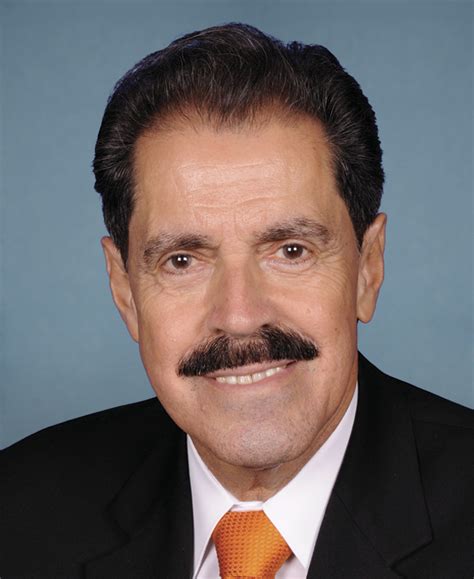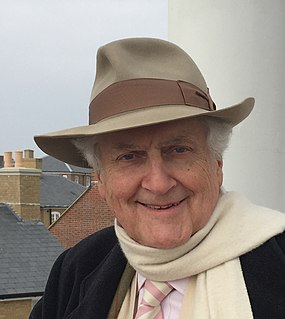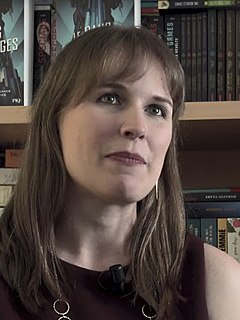A Quote by David Harvey
The right to the city is far more than the individual liberty to access urban resources: it is a right to change ourselves by changing the city.
Related Quotes
The right to the city is far more than the individual liberty to access urban resources: it is a right to change ourselves by changing the city. It is, moreover, a common rather than an individual right since this transformation inevitably depends upon the exercise of a collective power to reshape the processes of urbanization. The freedom to make and remake our cities and ourselves is, I want to argue, one of the most precious yet most neglected of our human rights.
Living in cities is an art, and we need the vocabulary of art, of style, to describe the peculiar relationship between man and material that exists in the continual creative play of urban living. The city as we imagine it, then, soft city of illusion, myth, aspiration, and nightmare, is as real, maybe more real, than the hard city one can locate on maps in statistics, in monographs on urban sociology and demography and architecture.
The chief duty of governments, in so far as they are coercive, is to restrain those who would interfere with the inalienable rights of the individual, among which are the right to life, the right to liberty, the right to the pursuit of happiness and the right to worship God according to the dictates of ones conscience.
I opposed annexing in areas around our city borders, because I knew that if neighborhoods wanted to be a part of the city, well, they would mandate themselves in and invite themselves into a city. That's just one example of even on a local level how dangerous it is for a politician to start thinking they know more than that individual family, that individual business.
A city can only be reconstructed in the form of urban quarters. A large or a small city can only be reorganized as a large or a small number of urban quarters; as a federation of autonomous quarters. Each quarter must have its own center, periphery and limit. Each quarter must be a city within a city.
I certainly was surprised to be named Poet Laureate of this far-out city on the left side of the world, and I gratefully accept, for as I told the Mayor, "How could I refuse?" I'd rather be Poet Laureate of San Francisco than anywhere because this city has always been a poetic center, a frontier for free poetic life, with perhaps more poets and more poetry readers than any city in the world.
Coincident with the right of individual property under the provisions of our Government is the right of individual property. . . . When once the right of the individual to liberty and equality is admitted, there is no escape from the conclusion that he alone is entitled to the rewards of his own industry. Any other conclusion would necessarily imply either privilege or servitude.
The queen's eyes smouldered. "I know my own kind when I see them, and right now there is one in these city walls." She pointed a finger toward the balcony."I want her found and brought to me." "Right," said Kai,"that'll be no problem in a city of two and a half million people. Let me just go dig out my special Lunar detector, and I'll get right on that.
I feel the change. I feel the relationship with New York changing. It's a personal relationship you have with the city when you move there. I definitely romanticize the early 2000s. As much as I prefer the city then as opposed to now, I'm sure if I were 23 and I moved to the New York of right now, I could have the same exact experience. I don't really hate the cleaning up of New York, even though it's not my preferred version of New York.




































